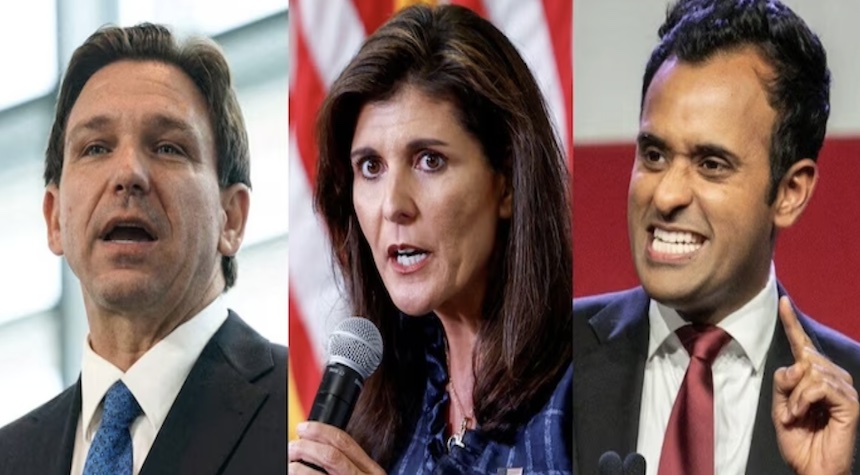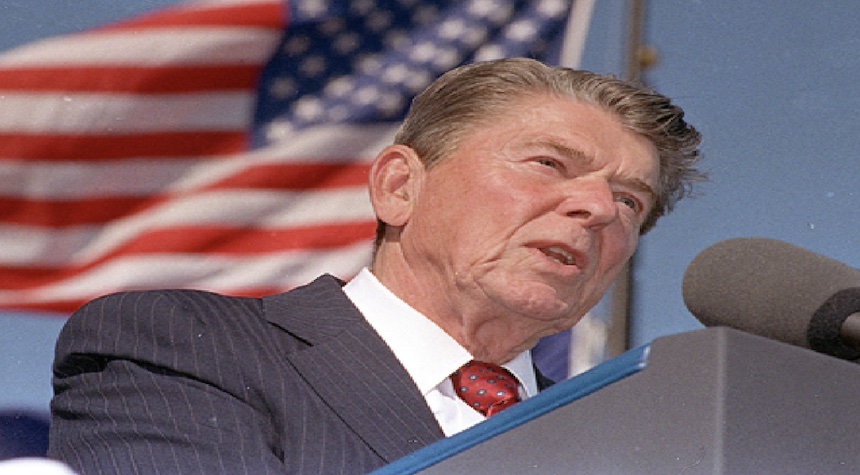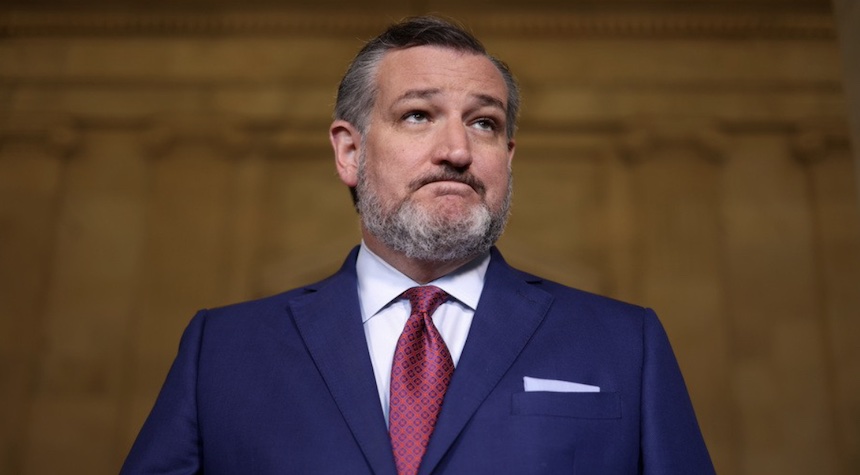The primaries can be messy. No matter what office is being sought, candidates who are trying to be nominated by their party must walk a thin line between promoting their own qualifications and exposing the weaknesses of their opponents. They cannot alienate voters that they depend on for support.
It was not always like this. Before the early 20th Century, political conventions were attended by power brokers and party leaders without much input from ordinary people. The process was designed to keep interparty conflicts out of public view but also made it susceptible to corruption. Getting on the ballot often meant making secret deals with candidates and their supporters, which is symbolized by a “smoky room.”
Primaries are an important part of the political process. Although they have some shortcomings – the preferences of those who are most knowledgeable and passionate can be diluted by others with less knowledge. Depending on the rules, other parties may also participate.
Political debates (and in particular party primaries) have become more rancorous as communication channels and opportunities to express opinions have increased. Presidential campaigns are the most virulent. This year’s GOP primaries haven’t yet evoked the same intensity of emotion as the 2016 campaign. However, there has been plenty of mudslinging and there is growing concern that this year’s nominee may not be able to unite Republican voters.

Here are some of the most salacious allegations.
- Ron DeSantis wears heel lifts and bribed a prominent influencer for his endorsement.
- Donald Trump is making excuses for not fulfilling a major campaign promise and is ducking the debates because he isn’t willing to defend his record as president.
- Nikki Haley is a “warmonger” and a “puppet” for “globalist RINO donors.”
- Vivek Ramaswamy is too inexperienced and can’t be trusted because he has ties to Big Pharma and the Soros family.
You may remember that the 2016 campaign was acrimonious and produced the “Never Trump”, a movement of Republican voters refusing to support their party’s candidate. The vocal opposition to Trump contributed to the widely held belief that Hillary Clinton was going to win the election. This led to a lower turnout for Clinton, which allowed Trump to pull the upset.
Ted Cruz, Trump’s main rival for the nomination didn’t do a lot to calm this resistance. He declined to give Trump a full-throated endorsement at the GOP convention, instead encouraging people to “vote their conscience, vote up and down for candidates who you trust will defend our freedom and be faithful to the Constitution.” Cruz later backtracked, saying that he would only vote for Trump if it meant stopping Hillary Clinton from becoming president. But, it was obvious he wasn’t thrilled about doing so.

Understandably, he would not support Trump. The billionaire developer and former reality star called him “Lying Ted”, mocked his beautiful wife, and implied that his father had been involved in the Kennedy murder. Cruz on the other had said that Trump did not have the moral conviction or judgment to be president. He also accused him of being “a serial philanderer,” “a pathological liar,” and “a narcissist.”
Trump had to act to shore up his support as his party was in turmoil.
He released a short list of possible nominees for the Supreme Court to replace the recently deceased Justice Antonin Scalia. This was done to ease conservatives’ fears about the judicial philosophy that would be represented on the nation’s top court.
He chose Indiana Governor Mike Pence as his vice president. Pence had endorsed Cruz before his state’s primaries and was popular among evangelicals. Many of them had supported Cruz during the primary.
Democrats will do everything to prevent a second Trump presidency in 2024, as we saw in the 2020 elections.
This reality, and the possibility that Trump would be the Republican candidate–not to say a serious independent campaign by RFK Jr. –means the party cannot afford any divisions going into the general elections.
Trump (or whoever is the nominee) could learn a lot from Ronald Reagan’s 1980 presidential campaign.
Reagan won the GOP nomination in that election after a series of early losses, including Iowa. Bush was a worthy opponent to Reagan, who was regarded as being the conservative candidate. Bush refused to withdraw until Reagan had a majority at the end of May, four months after Iowa’s caucuses.

Reagan advocated tax cuts to boost the economy during the campaign. He argued that this would increase revenue for the federal government. Bush called this a “voodoo economy” and said it would increase inflation. Reagan, on the other hand, said that Bush avoided specific policy solutions in favor of “bland generalities.”
Reagan reportedly considered Gerald Ford, the former President of the United States, as his running mate. Bush was his fiercest rival and biggest critic. He chose Bush to strengthen his base and appeal to the more moderate wing. Reagan was wary of taking any risks, even though Jimmy Carter had a low popularity rating. John Anderson, a Republican congressman from Illinois, decided to run for office as an independent.
Reagan was re-elected with a historic victory in 1984.
The Democrats are not showing any signs of relenting in their attacks on our nation’s institutions or our liberties. Therefore, the GOP candidate for president would do well to remember the victory of Ronald Reagan and to consider offering an olive branch to his or her opponent by working together to reclaim the White House.
Could this happen?
All the candidates are in the race for victory, but in politics, nothing is guaranteed and things can happen quickly.
Let’s hope whoever comes out on top will do what it takes to win one (or two) like the Gipper.


